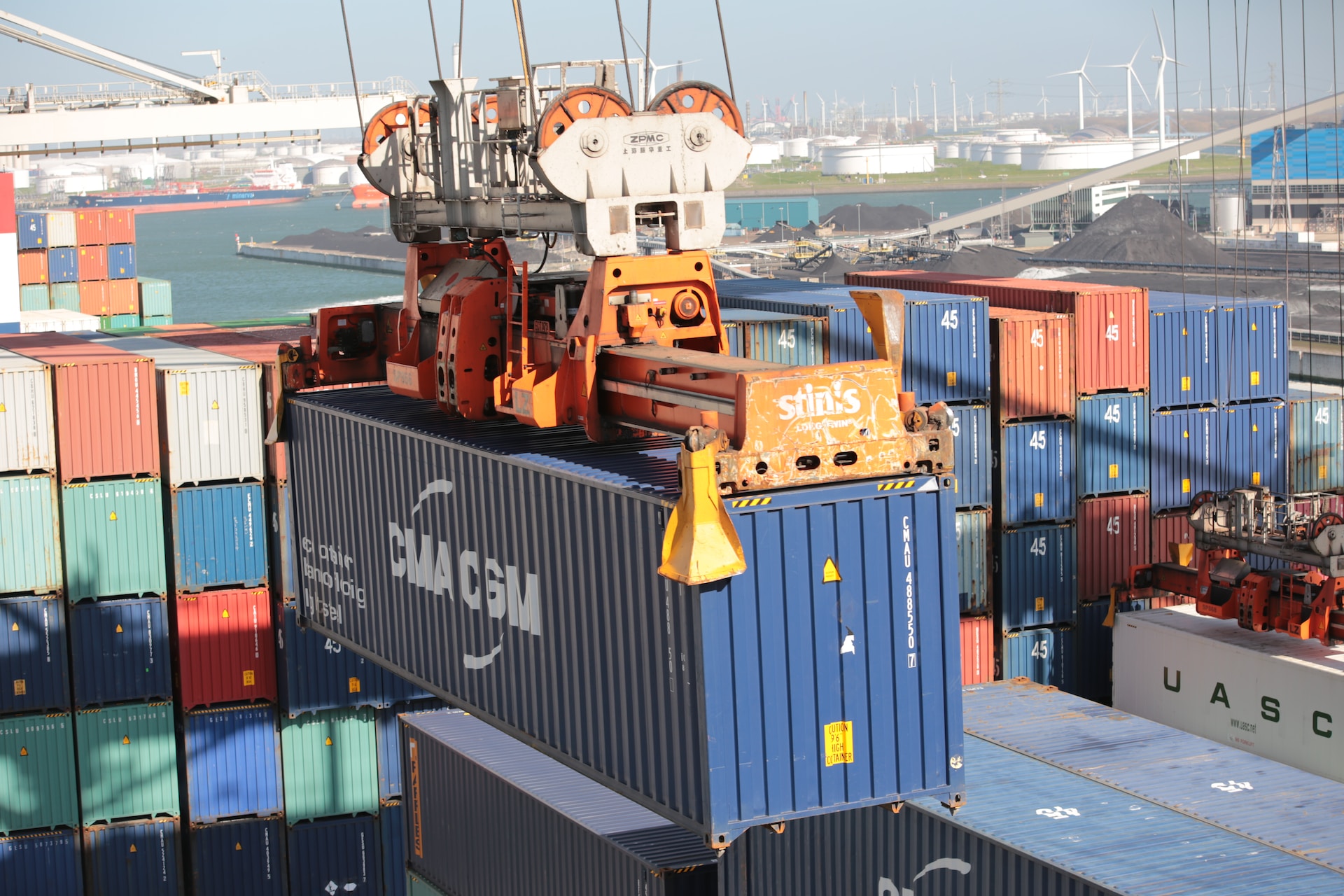Export permits are critical to the safe and legal transfer of restricted products across international borders. Businesses may navigate the complicated terrain of international trade more efficiently and maintain compliance with relevant regulations and standards by understanding the logic behind export licences and the types of items that often require them.
What exactly are Export Permits?
Export permits, also known as export licenses, are legal authorizations provided by a government to allow controlled commodities or services to be exported from their area. These permits ensure that the exported items conform with specified norms and requirements, such as safety standards, and that they are in accordance with international trade agreements or embargoes.
Why are Export Permits Required?
Export permissions are necessary for a variety of reasons, including:
- National security: Some items and technology have military uses or have the potential to be utilized in the development of weapons of mass destruction. Export licenses aid in the prevention of unauthorized transfers of these commodities to prospective rivals or unfriendly countries.
- Concerns about human rights: Governments may impose export restrictions on things that could be used to conduct human rights violations or stifle political dissent in other nations.
- Trade agreements and embargoes: Export permits help assure compliance with international trade agreements and adherence to sanctions or embargoes placed on specific countries.
- Protection of the environment and wildlife: Export controls can help to govern the trade of endangered species, toxic waste, and other products that may threaten the environment or world biodiversity.
Types of Goods that Typically Require Export Permits
Export Permits are typically required for the following types of goods:
- Military and defense-related items: To prevent uncontrolled proliferation, weapons, ammunition, and other military equipment are frequently subject to export regulations.
- Dual-use items: Including nuclear technology, chemicals, and advanced communication equipment, have both civilian and military purposes.
- Strategic goods: Items with possible ramifications for national security, foreign policy, or international commitments, such as encryption technologies, aerospace components, or advanced materials, fall into this category.
- Cultural objects and artwork: To protect their national legacy, some countries impose export prohibitions on culturally valuable items.
- Endangered species and their derivatives: The Convention on International Trade in Endangered animals of Wild Fauna and Flora (CITES) governs trade in endangered animals and their byproducts.
Countries Requiring Export Permits
The need for export permits varies depending on the exporting and importing countries, as well as the individual items involved. However, due to ongoing international tensions, sanctions, or embargoes, some countries are more likely to seek export permissions. Among these include, but are not limited to:
- Cuba
- Iran
- North Korea
- Syria
- Sudan (particular sectors)
- Russia
- Venezuela
For the most up-to-date information on export permit requirements, consult the relevant export control authorities in the exporting country.
Read more views
















